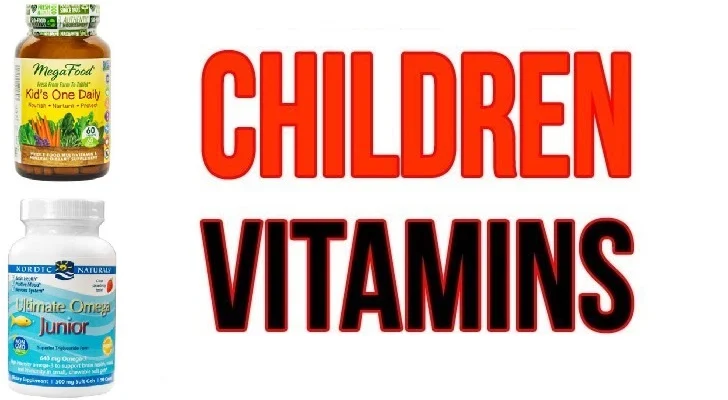Some babies do need vitamins. This is especially true of babies who might have health conditions that don’t allow them to absorb or process vitamins effectively. This can be more common among babies who were born prematurely. Sometimes very picky eaters, or those with breastfeeding mothers who eat a vegan diet, might need little extra vitamins.
Vitamins are essential to a body for strong bones, healthy teeth, and preventing anemia.
These are some of the most common supplemental vitamins for babies, and when you might need to use them:
6 Most Common Vitamins Your Baby Needs
1. Vitamin D
This can be a tricky one because it can be tough for your baby to get enough. The best source is sunlight on the skin, but of course, we need to shield babies from the sun! Other sources include fish and eggs. Some cereals contain extra vitamin D, and those can be a great way to help your child get enough. Once a baby is weaned from infant formula, a dropper of 7-8.5 micrograms per day can do the trick.
2. Vitamin A
To get the most vitamin A for your child, look to natural sources, such as fortified fat spreads, dairy products of all kinds, carrots, sweet potatoes, mangoes, and dark green veggies. This is great for helping with vision, healthy skin, and a strong immune system.
3. Vitamin C
It is easy to get enough vitamin C into your child simply through diet. A child who eats plenty of oranges, strawberries, kiwi, tomatoes, peppers, and broccoli will probably get more than enough vitamin C in their diet naturally.
4. Iron
This is one of the most important vitamins your baby can take. Iron helps prevent developmental delays, learning and behavioral problems, and some physical ailments. Babies can usually get plenty of iron from breastmilk and formula, and then from fortified cereals. Remember those premature babies often need an iron supplement, regardless of their diet.
5. DHA, an important omega-3
This important fatty acid matters for brain and eye development. Fortunately, if a mother gets enough of this in her diet, then the baby will get plenty through breastmilk. A formula is also fortified with this. Moms who don’t get enough fatty acid might consider a supplement to make sure they pass enough to their baby, especially if the mother is vegetarian or vegan.
6. Fluoride
Once your baby has those first teeth coming through, it’s time for fluoride. Try to give your baby fluoridated water, as the supplements can lead to permanent staining of the teeth, even the adult teeth. If your baby can’t get enough fluoride from the water he or she is drinking – for instance, if your baby drinks only water from a well – then it’s time to talk to your doctor about the appropriate supplements.
Source: New Kids-center
